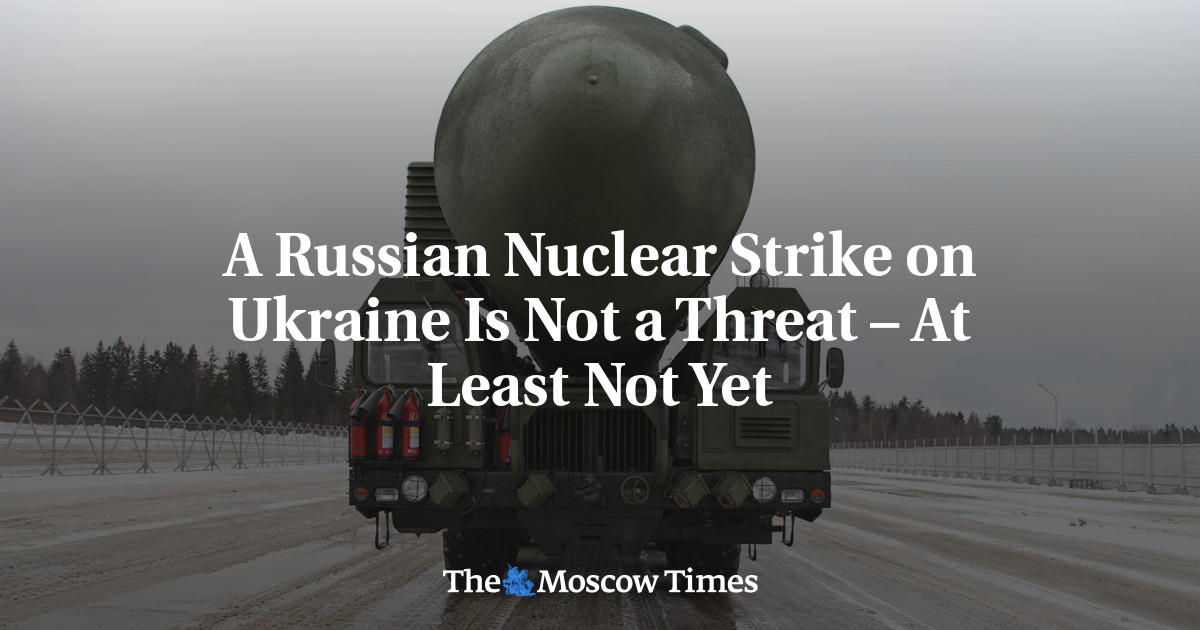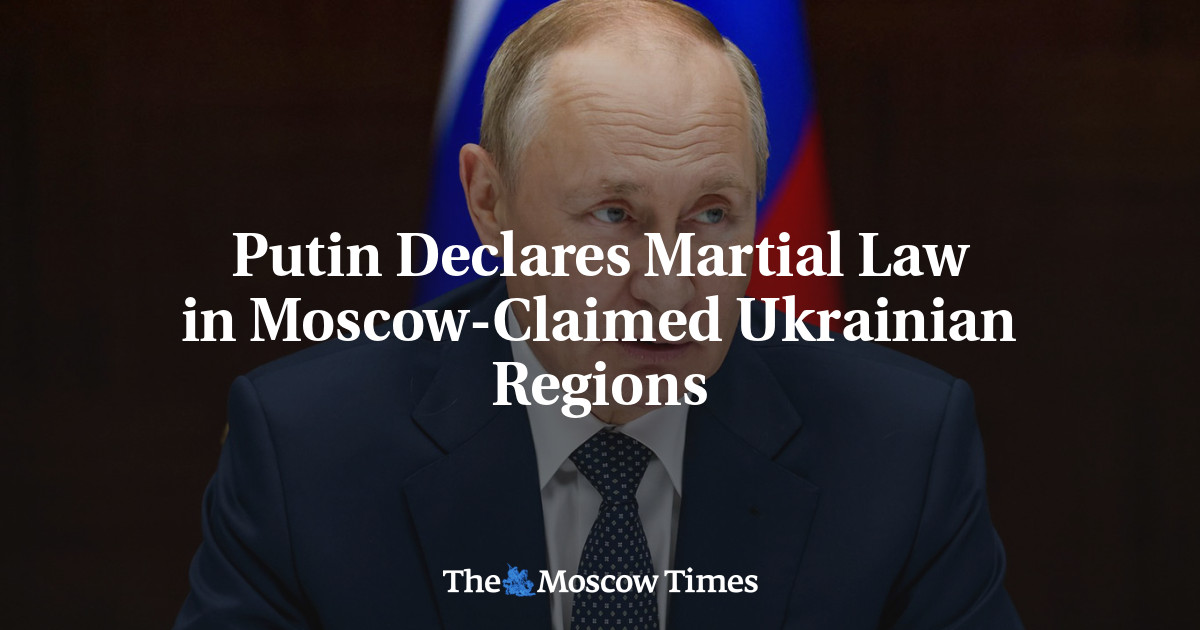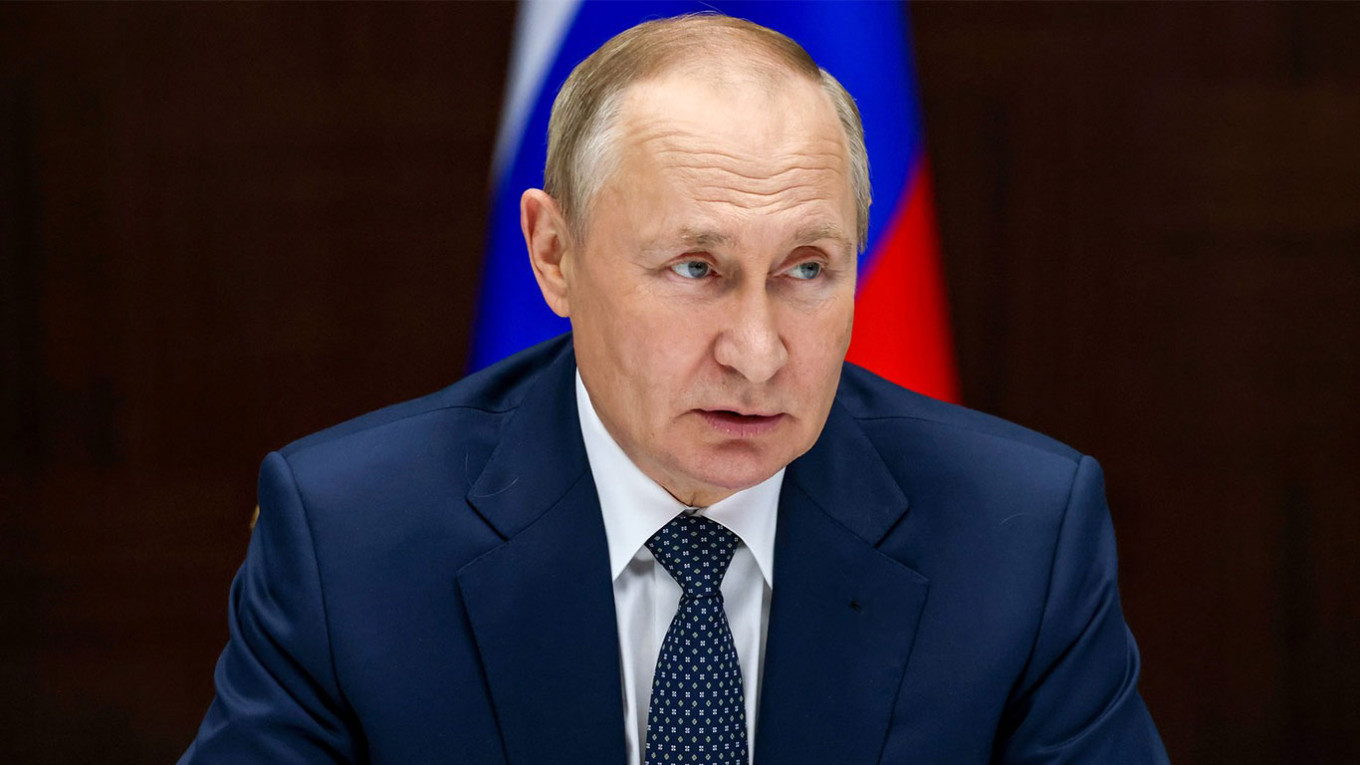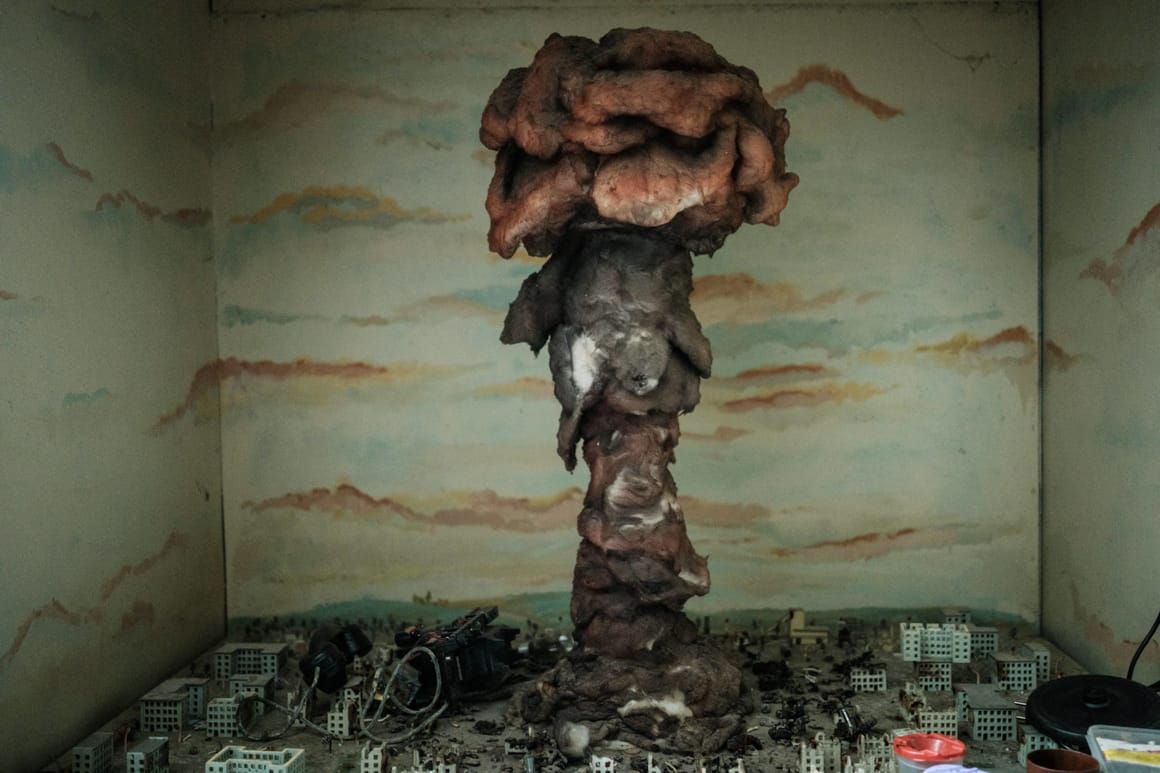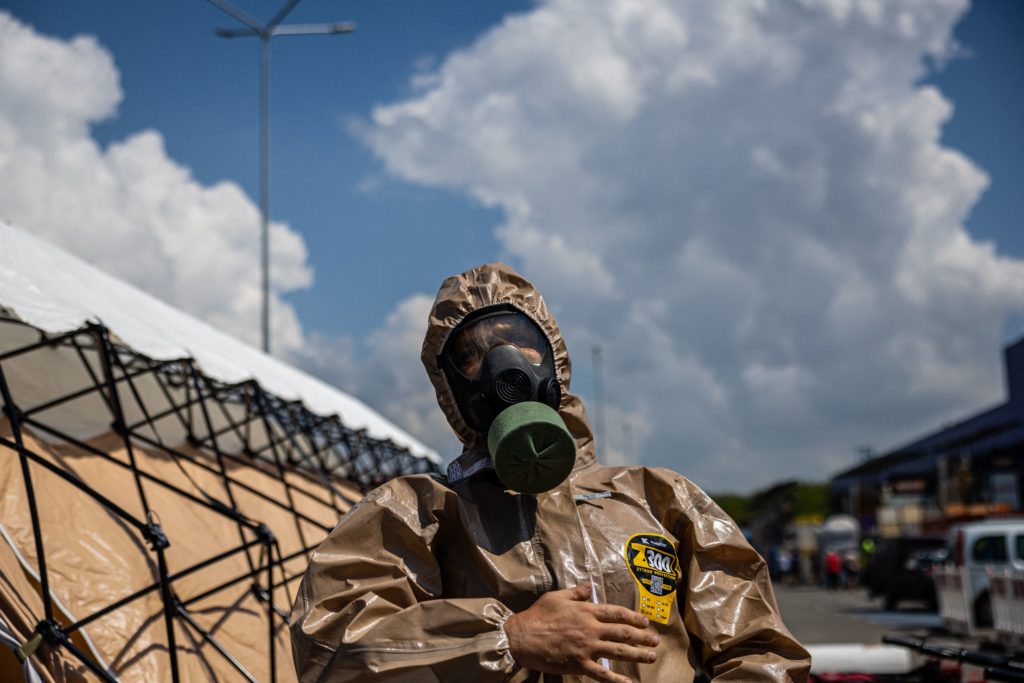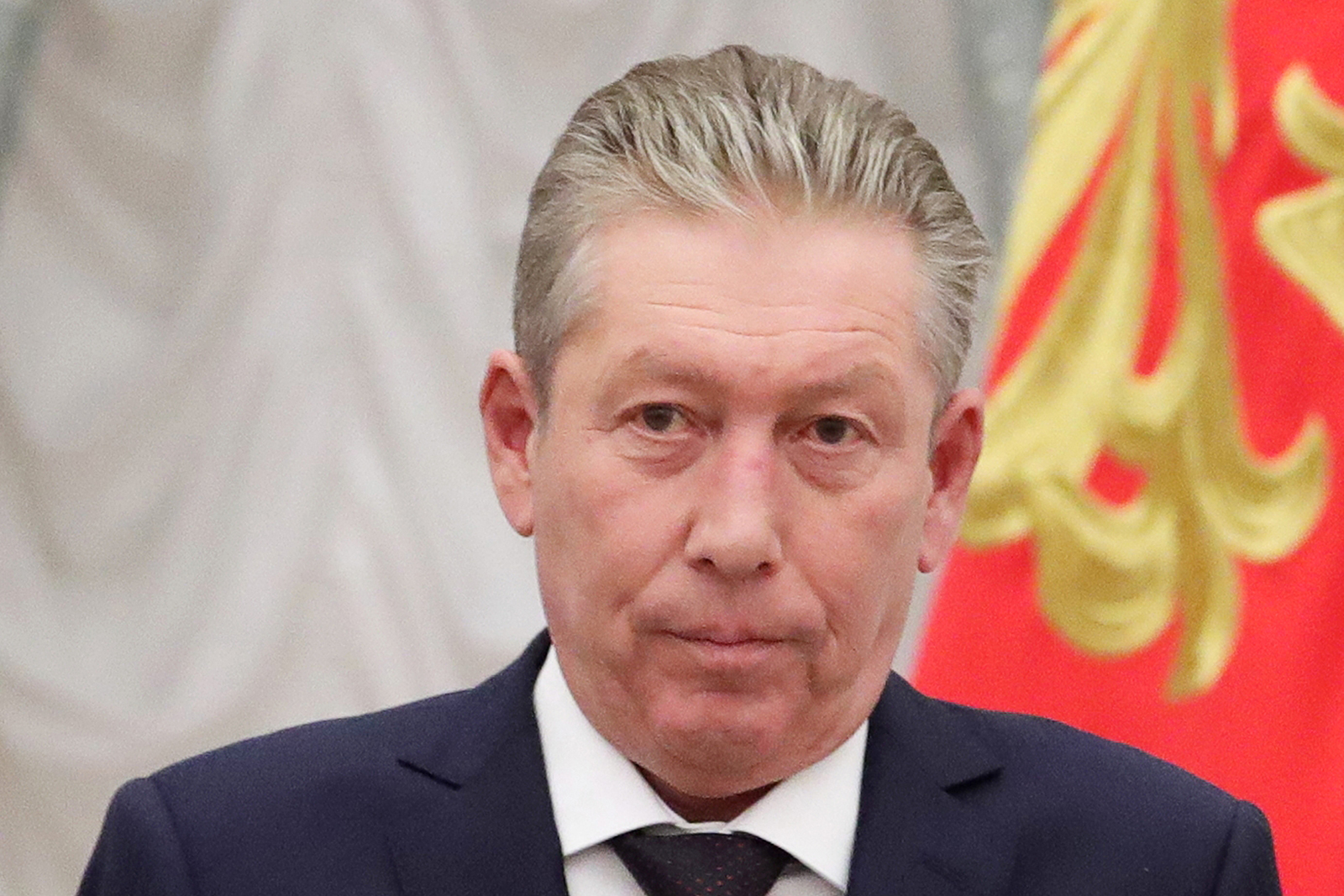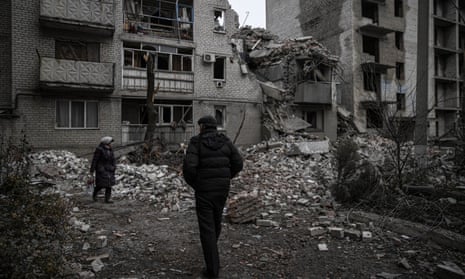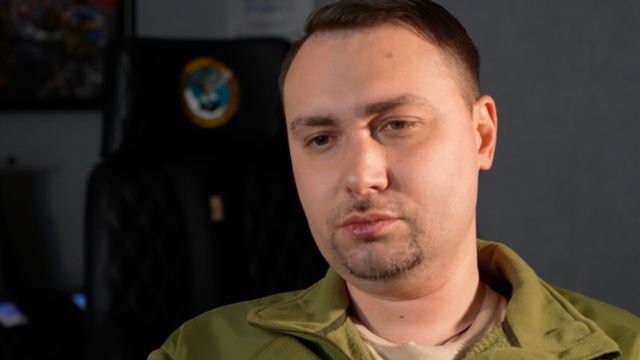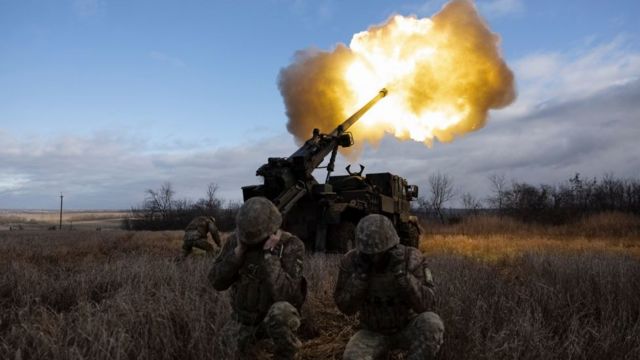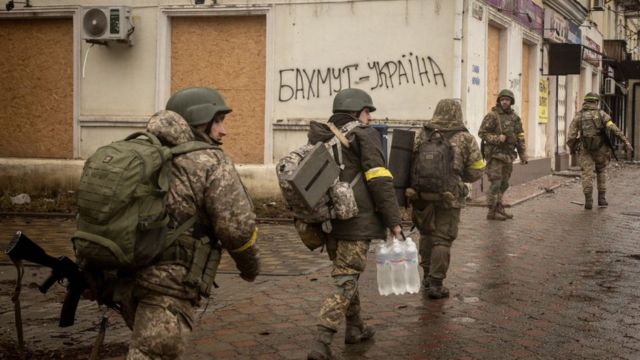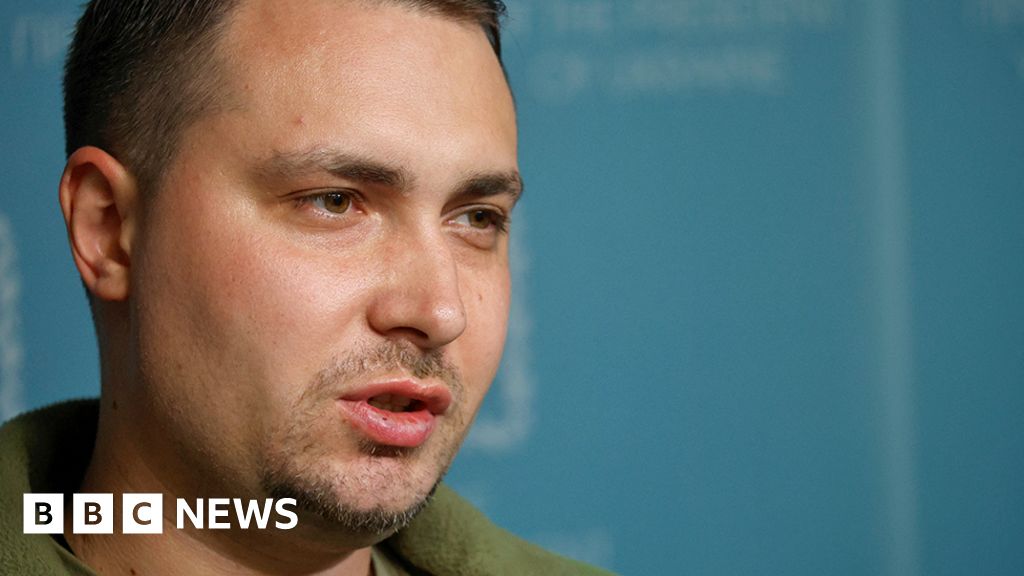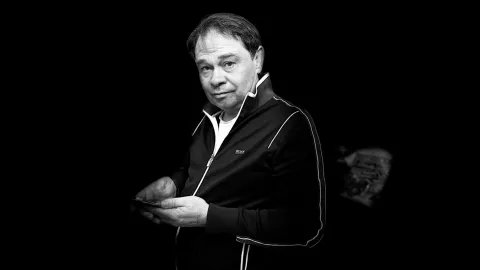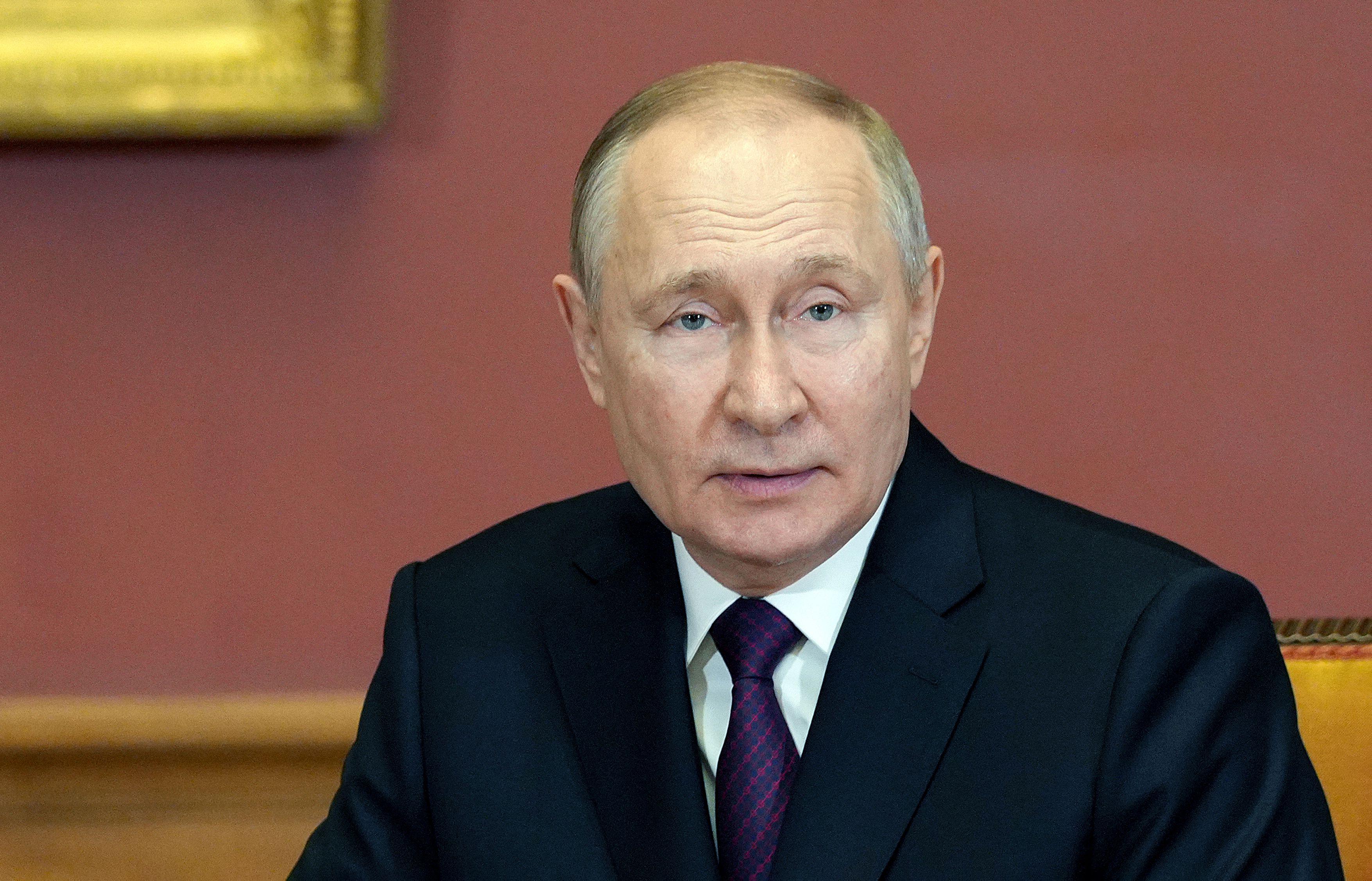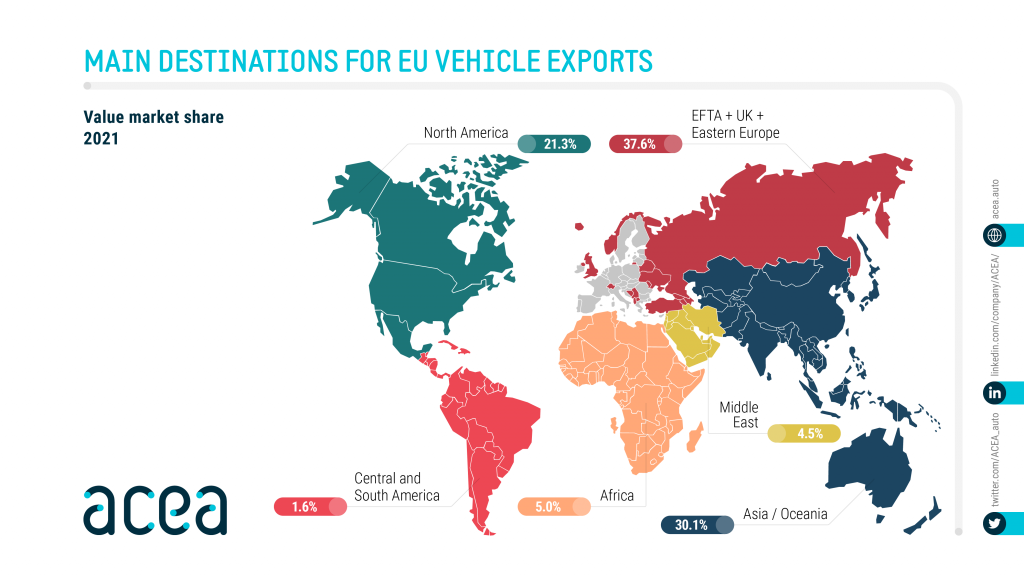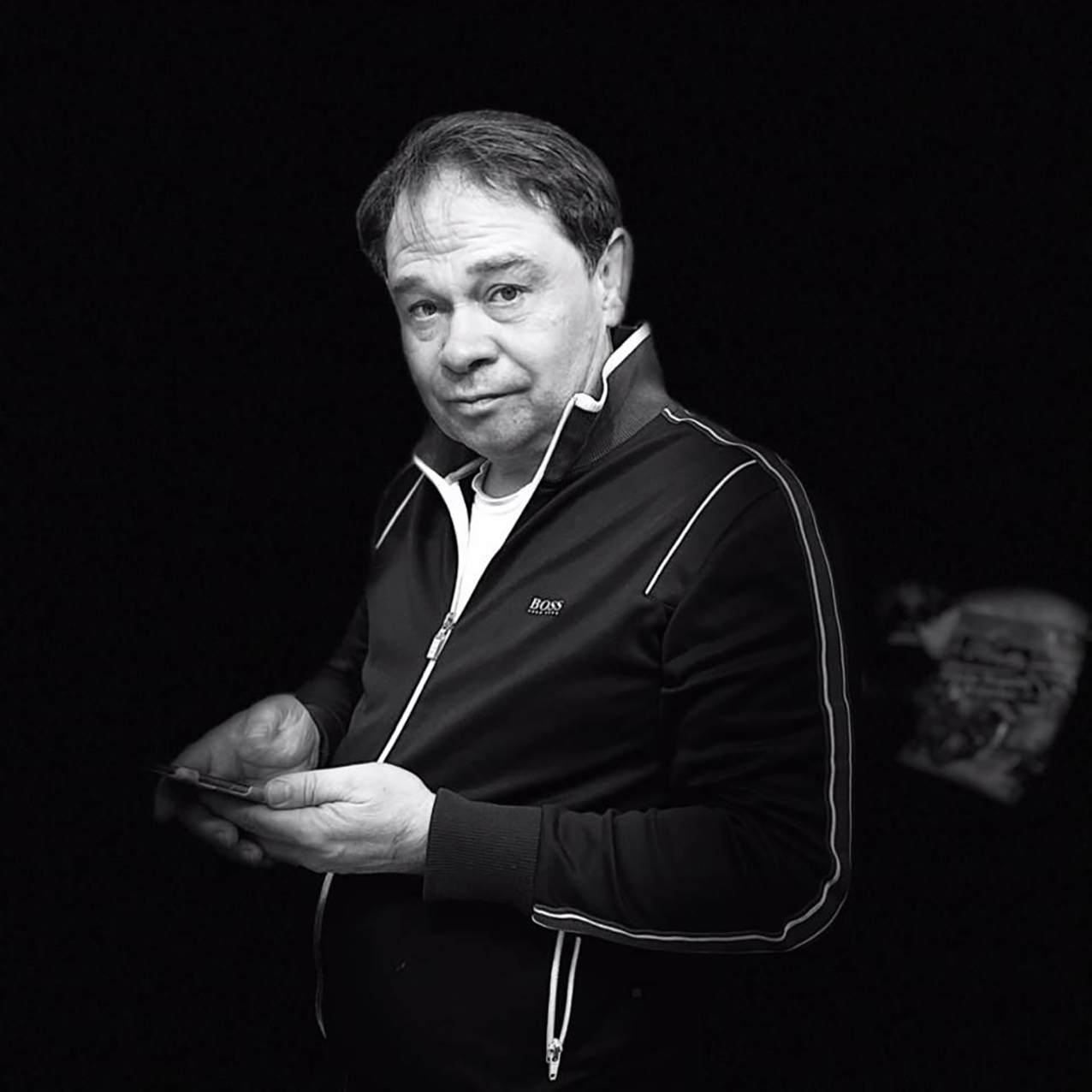Still ‘No Limits’? The China-Russia Partnership After Samarkand | Russia Matters
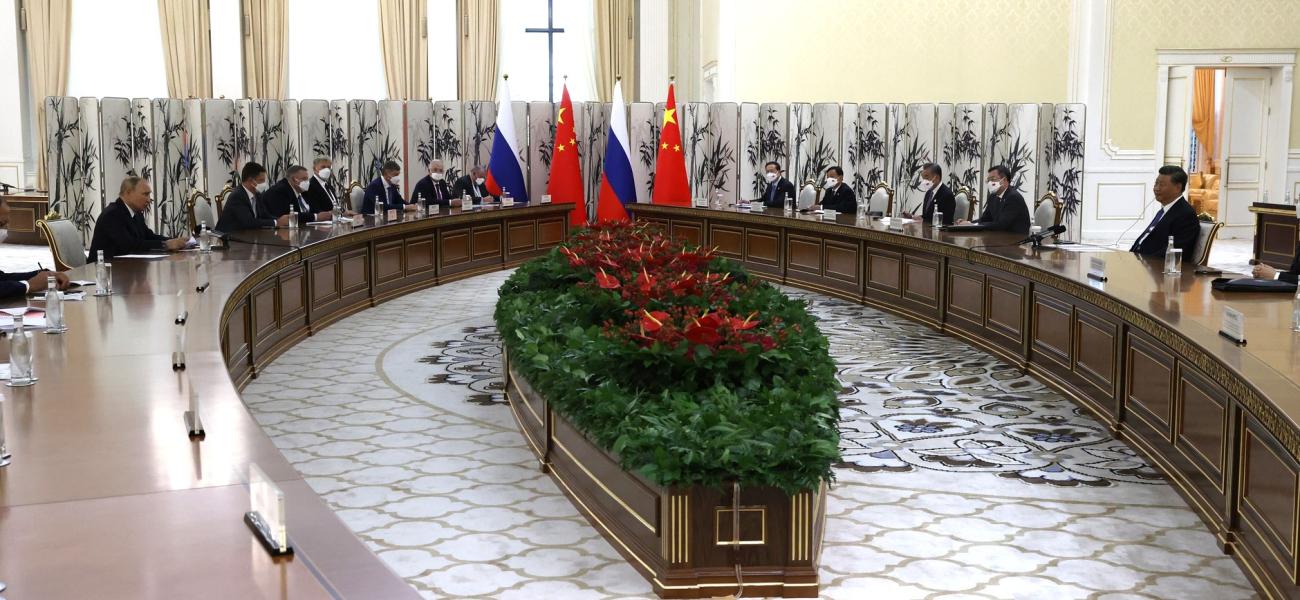
Still ‘No Limits’? The China-Russia Partnership After Samarkand
This month’s meeting between the Chinese and Russian presidents on the sidelines of the Shanghai Cooperation Organization summit in Uzbekistan has led to renewed scrutiny of the scope and depth of the Sino-Russian strategic partnership. Xi Jinping referred to Vladimir Putin as his “dear and old friend,” but Putin admitted that Xi had raised “questions and concerns” about Ukraine, though the Russian president also praised China’s “balanced position” on the conflict. Unlike the case of Indian Prime Minister Narendra Modi, who clearly stated that “today’s era is not one of war” and urged Putin to end the conflict through dialogue, the details of Xi’s remarks on Ukraine remain unknown. Many observers have filled in the blanks and jumped to the conclusion that Xi has finally broken with Putin over Ukraine. This reflects a misunderstanding of what the “no limits” partnership between Russia and China really means.
Despite their many conflicts of interest in Ukraine and elsewhere, Russia and China continue to be bound together. Typically we focus on the geopolitical factors, such as perceived threats from the U.S. and its allies, the need for security along their lengthy border and their growing energy partnership. But under Xi and Putin the normative dimension also has been significant—both view regime security as their main priority and are determined to shape the international order in such a way that authoritarian states can be rule-makers.
‘No Limits’ to Sino-Russian Partnership?
Just 20 days before Russia invaded Ukraine in February, Putin and Xi signed a statement proclaiming that there were “no limits to Sino-Russian cooperation… no forbidden zones.” This does not mean that the partnership has no parameters. This “no limits” phrasing came from the Chinese Foreign Ministry’s effort to suggest that Sino-Russian relations were so wide-ranging that they did not require an alliance, as some in China had been urging despite Beijing’s “Three Nos Policy”—no alliance, no confrontation and no targeting third parties—in place since the Deng Xiaoping era. Russian official documents argue against alliances, and officials have equivocated about whether an alliance with China was desirable or possible, also preferring a more flexible arrangement.
The “no limits” formulation suited the desire of both countries to avoid a formal alliance in the short term, while leaving open the possibility of one in the long term, thereby increasing uncertainty for their opponents. Much like the U.S. policy of strategic ambiguity on Taiwan, the equivocation by Chinese and Russian officials on the parameters of their partnership has had a deterrent effect: We cannot be sure of the depth of support each has for the other in a given conflict situation and have to plan for the possibility of their cooperation, for example, in a Taiwan scenario.
The Partnership and Russia’s War on Ukraine
Regarding Russia’s war on Ukraine, Chinese support clearly has had limits. China supports Russia most strongly rhetorically, echoing Russian propaganda on its “special military operation,” including obvious falsehoods on the activities of (nonexistent) U.S. biolabs in Ukraine. Following Russia’s lead, Chinese officials and state media blame the U.S. and NATO for “fueling the fire” of war by arming Ukraine. Despite the claim by China’s Ambassador to the U.S. Qin Gang that Beijing’s bottom line for supporting Russia was the U.N. Charter, Chinese officials thus far have not called Russia out for obvious violations of its terms. At the U.N., a key arena for Sino-Russian cooperation, China abstained on two resolutions condemning the Russian invasion of Ukraine. Beijing later supported Moscow by voting against an April 7 resolution removing Russia from the Human Rights Council, but abstained on a Sept. 16 vote to allow President Volodymyr Zelensky of Ukraine to address the U.N. General Assembly virtually, rather than in person.
On Sept. 21, after Putin announced his decision to increase the number of Russian forces in Ukraine through a partial mobilization, Chinese Foreign Ministry spokesman Wang Wenbin urged a cease-fire and dialogue but also reiterated Beijing’s oft-stated position that the legitimate security interests of all parties need to be accommodated.
Xi sounded upbeat about deepening economic cooperation when he met with Putin on Sept. 15 in Samarkand and spoke of moving forward in areas such as trade, agriculture and connectivity. Indeed, Sino-Russian trade in the first seven months of the year increased by 29% over the same period in 2021, leading Chinese and Russian officials to predict that the 2022 volume of bilateral trade would surpass $146.87 billion—the all-time high reached in 2021. But despite Western fears that China might support Russia economically or militarily, for the most part China has observed sanctions.
Private companies that rely on global markets and financial institutions, in the telecommunications and technology sectors, for example, have been especially cautious, but even state-owned companies have global interests that are at stake. Oil and gas major Sinopec cancelled a $500 million investment in SIBUR after the Russian company’s director, Gennady Timchenko, was placed under new sanctions by the U.S. and Great Britain. Chinese companies working on modules for gas extraction at the Arctic LNG 2 project in Yamal also pulled out due to sanctions, which will delay the project’s completion by at least a year, if not longer.
China’s purchases of Russian oil and gas have surged since Putin’s invasion of Ukraine, as Chinese energy companies take advantage of lower prices—oil imports grew by 10.2% to 1.7 million barrels per day and LNG imports increased even more significantly, by 40.4% to 2.1 million tons. Although Gazprom claims to have pumped 60% more gas through the Power of Siberia pipeline in the first seven months of 2022, due to increased Chinese demand, Beijing’s energy giants have avoided signing any new long-term contracts. Notably, Xi said not a word in public in Samarkand about Power of Siberia 2—a proposed second gas pipeline to China, transiting Mongolia—although Putin had intimated in a Sept. 7 speech to the Far East Economic Forum that an agreement was near and Xi, Putin and Mongolian President Ukhnaagiin Khurelsukh discussed the project in a trilateral meeting in Samarkand.
Thus far the Biden administration has accused five Chinese firms of violating sanctions and aiding Russia’s military-industrial complex among a total of 36 companies from nine countries, including some U.S. partners. Despite Russia’s needs for military equipment, Sino-Russian military cooperation has been confined to proceeding with regular military exercises and patrols directed against U.S. alliances in the Indo-Pacific.
The Chinese Navy and Russian Pacific Fleet participated in joint exercises in the Sea of Japan in May and again in September as part of Russia’s much downsized multi-country Vostok exercises in its eastern theater. China sent 2,000 troops, for the first time from all three services of the People’s Liberation Army, while India sent a small contingent of 200 ground troops and did not participate in naval exercises directed against Japan, its Quad partner.
Just after the SCO summit, the head of the Russian Security Council, Nikolai Patrushev, met with Yang Jiechi, China’s top diplomat, in Beijing and they both expressed interest in continuing military cooperation, through joint exercises and patrols, as well as by increased contacts between their general staffs. In his comments, Yang noted that under Putin and Xi, Sino-Russian relations “have always maintained a momentum of vigorous development."
Conclusions: What Were Xi’s Questions and Concerns?
Despite the Russian invasion of Ukraine and the imposition of unprecedented sanctions on Russia in response, the Sino-Russian partnership has shown resilience. Just before Xi traveled to Central Asia, China’s third-highest-ranking official, Li Zhanshu, chairman of the Standing Committee of the National People’s Congress, told members of Russia’s State Duma that “China understands and supports Russia on issues that represent its vital interests, in particular on the situation in Ukraine,” the clearest indication yet of Chinese support for Russia’s war on Ukraine.
In light of Li’s statement and the record of continued Sino-Russian cooperation, there is little evidence of Xi’s distancing from Putin, so what questions and concerns might Xi have raised with Putin in Samarkand? Xi may have been concerned that Putin might escalate in a way that would force China to respond—by using tactical nuclear weapons, for example. If the U.N. Charter is Beijing’s bottom line, it would be hard to turn a blind eye to the use of nuclear weapons, the way China has regarding allegations of chemical weapons use by Russia in Ukraine and by Russian-supported forces in Syria.
But what Xi would likely have been most concerned about is Russia’s domestic stability in light of setbacks on the battlefield. Regime security is a top concern for Xi, as he noted in his speech to the SCO summit—his priority task for the organization was to guard against “color revolutions” instigated by external forces and to oppose their interference in the domestic affairs of other countries.
As Xi awaits the 20th Congress of the Chinese Communist Party next month, he is unlikely to distance from Putin as he has invested so much personal capital in the relationship and in China’s Russia policy more generally. The Samarkand summit was their 39th meeting and any questions or concerns Xi may have voiced would likely have been to make sure there would be a 40thfor both of them.
Hopes in the U.S. for greater daylight emerging between Russia and China over Putin’s war on Ukraine will continue to go unfulfilled as long as the leaders of the two countries persist in prioritizing regime security and agree to disagree over the issues that divide them, not just in Ukraine but in the Arctic, Central Asia and Southeast Asia. A more promising avenue for the U.S. would be to concentrate on Russia’s increasingly nervous neighbors in Central Asia and develop a meaningful strategy to engage them



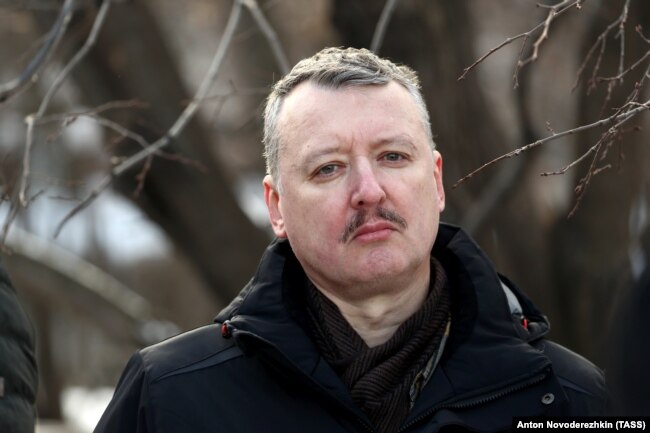


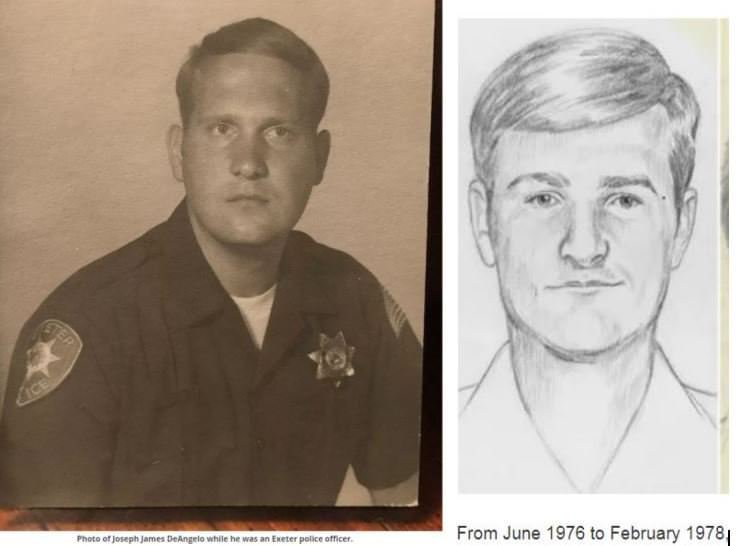
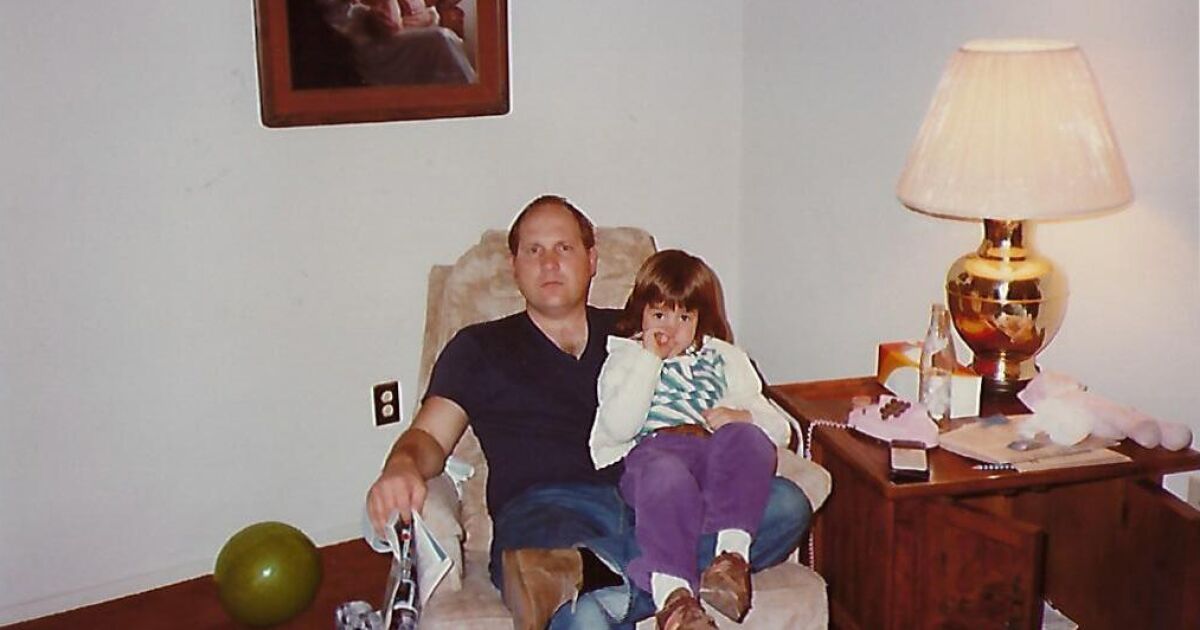
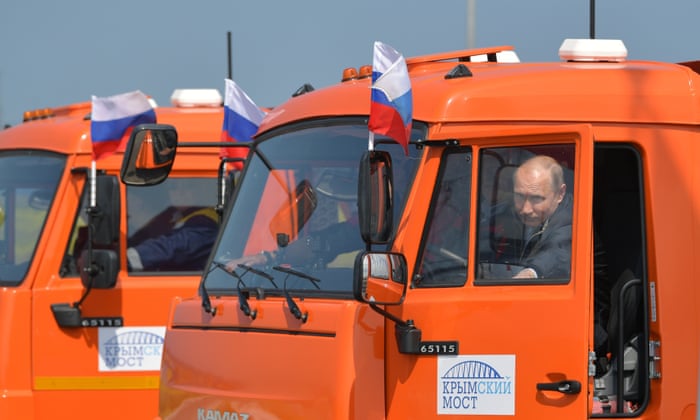


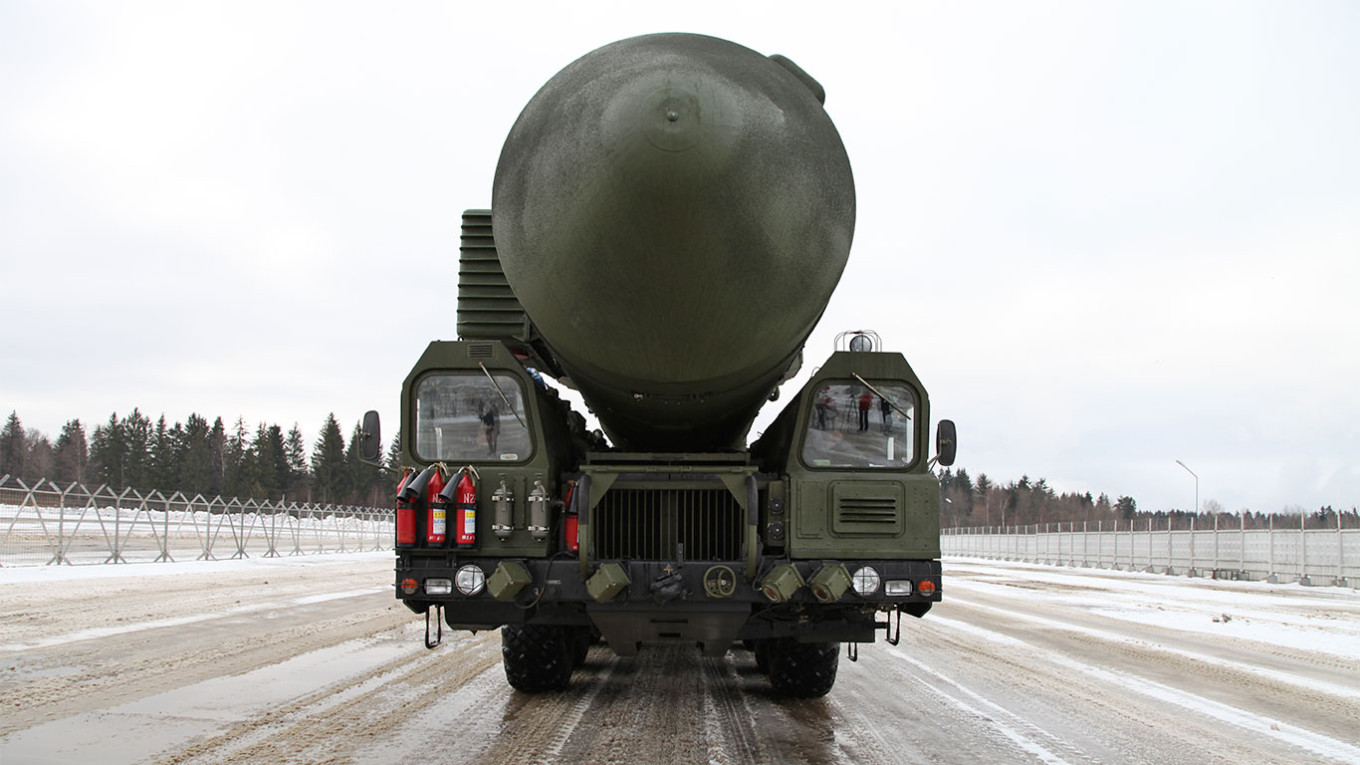
 Pavel Podvig is an independent analyst based in Geneva, where he runs his Russian Nuclear Forces research project.
Pavel Podvig is an independent analyst based in Geneva, where he runs his Russian Nuclear Forces research project.